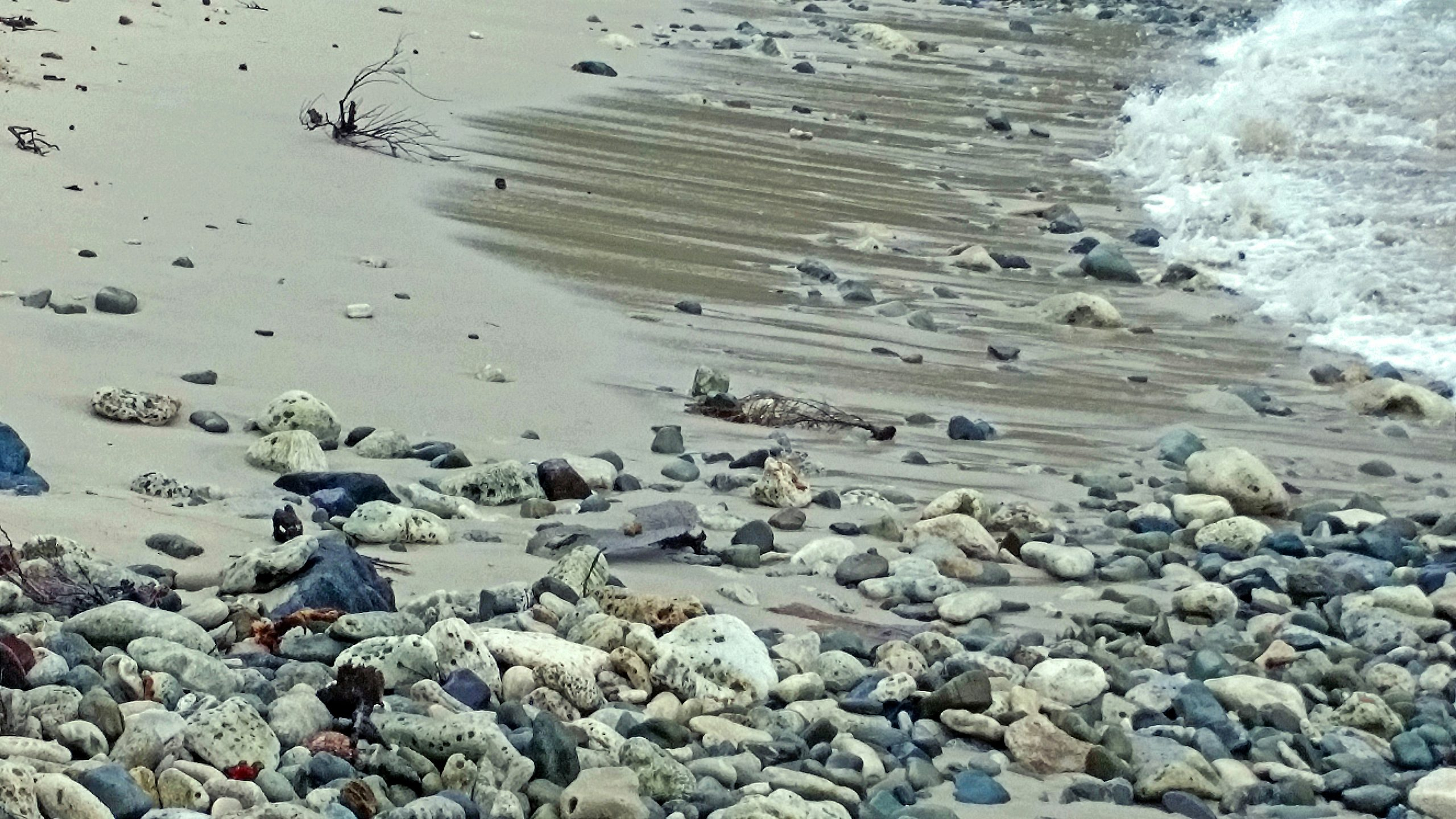The Comprehensive Guide to Neurodivergent Global Exploration
Welcome to the comprehensive guide to neurodivergent global exploration! In today’s world, the term “neurodiversity” is becoming more and more common, referring to the range of variations in neurocognitive functioning among individuals. This includes conditions such as autism, dyslexia, ADHD, and more. As the understanding and acceptance of neurodiversity grow, it’s essential to recognize and cater to the unique needs of neurodivergent individuals, especially in the realm of travel and exploration. In this guide, we will dive into the challenges and opportunities faced by neurodivergent individuals when traveling, and provide practical tips and resources to make the experience smooth and enjoyable. So, let’s embark on a journey into the world of neurodivergent global exploration!
The Unique Needs of Neurodivergent Individuals in Travel and Exploration
When planning a trip, neurodivergent individuals may have to consider factors that neurotypical individuals might not even think of. Things like sensory overload, unpredictable routines, and unfamiliar environments can all be overwhelming for neurodivergent individuals. For example, someone with autism may struggle with crowded or noisy spaces, while someone with ADHD may have difficulty with structure and organization. These challenges are not insurmountable, but they do require some extra planning and preparation.
Choosing the Right Destination
The first step in planning any trip is deciding where to go. For neurodivergent individuals, it can be helpful to research destinations that are known to be more accommodating and less overwhelming. Some cities have even implemented sensory-friendly initiatives, such as quiet rooms in airports and noise-canceling headphones in public spaces. It’s also essential to consider the time of year and popular attractions, as peak seasons can mean more crowds and longer wait times, which may be overwhelming for some individuals.
Planning Ahead for Accommodations
Another important aspect of travel for neurodivergent individuals is finding appropriate accommodations. Many hotels and resorts offer sensory-friendly rooms with lower lighting, minimal decorations, and noise-canceling machines. Some also have trained staff to assist with specific needs such as dietary restrictions or behavioral support. When booking accommodations, it’s essential to communicate any specific needs or concerns to ensure a comfortable stay.
Preparing for the Journey
For neurodivergent individuals, the journey itself can be a source of stress and anxiety. It’s helpful to prepare in advance for potential triggers, whether it’s noise-cancelling headphones for a noisy flight or a comfort item for a long car ride. It’s also crucial to communicate any needs to the transportation staff, as they may be able to provide accommodations such as pre-boarding or seating options. Additionally, creating a travel schedule or visual aids can help provide a sense of structure and predictability during the journey.
Resources and Support for Neurodivergent Global Explorers
One of the best ways to navigate the challenges of neurodiversity and travel is to seek out resources and support. Here are a few resources that can help make the experience easier and more enjoyable for neurodivergent individuals:
Online Communities and Forums
The internet is a vast resource for connecting with like-minded individuals and finding support. There are many online communities and forums specifically for neurodivergent individuals who travel, where they can share tips, experiences, and even find travel companions.
Travel Agents and Tour Companies
Many travel agents and tour companies now specialize in catering to the needs of neurodivergent individuals. They can help plan trips that are tailored to individual needs and provide support and assistance during the trip.
Apps and Technology
In today’s digital world, there are many apps and technologies designed to assist neurodivergent individuals in their daily lives. This includes travel-specific apps that can help with navigation, translation, and planning. It’s also helpful to have access to a smartphone or tablet during the trip for quick communication and handling unexpected situations.
In Conclusion
Traveling is a fulfilling and enriching experience that should be accessible to everyone, including those who are neurodivergent. With the right planning, resources, and support, neurodivergent individuals can have a successful and enjoyable trip that caters to their unique needs and preferences. So, whether you’re planning a solo adventure or a family vacation, remember to keep these tips in mind and embrace the diversity of global exploration. Happy travels!











